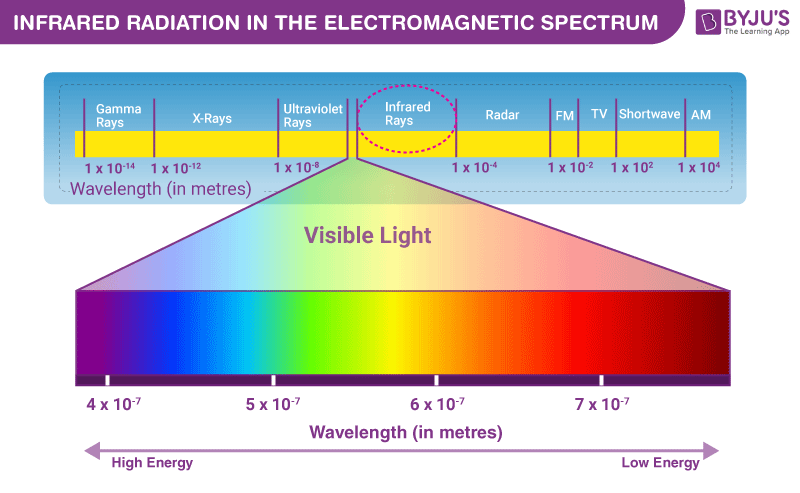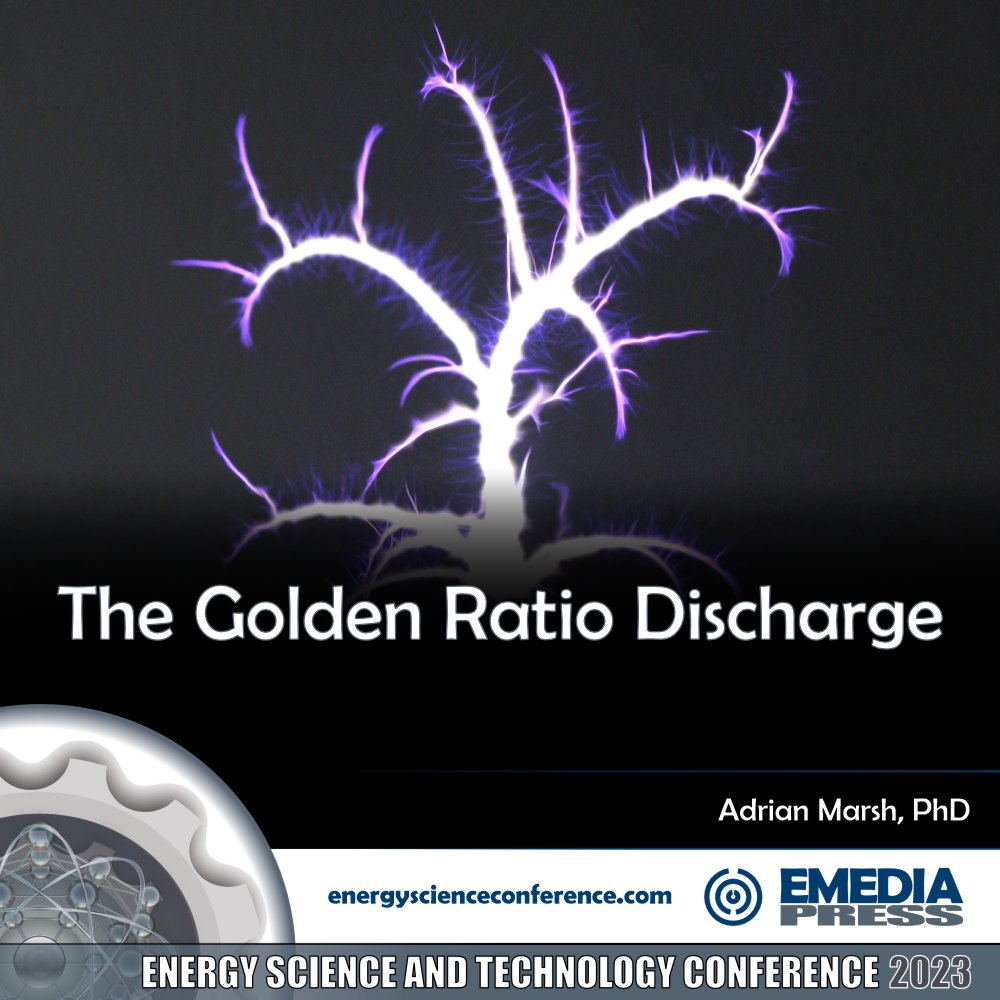Grumblenuts
Gold Member
- Oct 16, 2017
- 15,426
- 5,223
- 210
Really?So when you have enough infrared heat you get all the colors mixed in white light.

Follow along with the video below to see how to install our site as a web app on your home screen.
Note: This feature may not be available in some browsers.
Really?So when you have enough infrared heat you get all the colors mixed in white light.

Your flashlight comment is irrelevant. The cooling off stage is not in equilibrium with the surrounding aether temperature.Evidence? Do flashlight bulbs quickly heat up and cool off? At a certain frequency? Same whether LED or incandescent? What's the frequency of white? What's the temperature in actual degrees Kelvin?
Final answer?Your flashlight comment is irrelevant.
Evidently not. If you bothered to look something up once in a while.. you might not get so mad at me for correcting you. Both silver and copper are considered more conductive of electricity. That said, the Aether actually transfers electrical power outside of what's commonly referred to as "conductors" and within what's commonly called "insulators." So mankind, not some weird science cult, has had it all backwards for quite some time.Evidently gold which is the best conductor
I guess its a ridiculous analogy.Final answer?
There are clear similarities, but not like that. Again, consider an LED flashlight. Seriously. It emits plenty light (energy) with very little input power. Stays quite cool. No gravity involved. Nothing molten nor suggestive of black holes. Those things are clearly not required.One thing we can say about the nucleus is it must be similar to earth in that it creates and internal stationary heat from pressure. The heat then creates a density/temperature on the surrounding aether that creates a gravity field. For its size we can probably assume the nucleus is very dense and small and hot.
Link? Image?Nuts I was looking at pictures of nerves that branch out and send electrical signals.
Maybe the device to create lightning in a lab should be a branching mechanism that absorbs heat in a solution of some sort, water? The branching effect might be the result of an amplifying.


There are a lot of systems in nature that run on branching: trees, lungs, the nervous system. Maybe a cast of something that branches and create a copper branch system?Link? Image?
They send and receive. They branch in fractal fashion. Like the Aether. Coincidence or just makes sense?I was looking at pictures of nerves that branch out and send electrical signals.

Again, gravity is a singular anti-field. A direct product of the Aether.It has to be retraction of a core atoms gravity field
So you honestly believe the core is slowly producing heat through radioactive decay and then slowly releasing it through the crust.
Yes.
The core being a small fraction of the whole Earth, no. It means a small fraction of the Earth remains radioactive in its core. That's my guess anywayWouldn't that make the core and the whole Earth radioactive?

It does from volcanos and deep sea vents. We (humans) have never been able to dig down more than about 7,000 feet because the heat begins melting our drill bits.Also if the heat is conducting or radiating then shouldn't it be shooting out of the holes that we dig down deep in the surface?
The mantle, crust, and oceans provide quite a blanket.with no 'blanket' above?
Heat rises (radiates -- not radioactively), yes. Then most of it escapes into outer space upon eventually reaching the Earth's surface.Shouldn't the heat be rising up like a chimney?
Where you getting this "is building up up in the core" from? I've never suggested that.. Must have been you..Well then nuts this....how can it be that heat is being made through radioactive decay, is building up up in the core,
Obviously not faster.obviously faster then its conducting to the surface,
Your theory, not mine..without increasing exponentially? So in other words if the heat is backing up below the surface,
The planet has obviously been cooling (losing heat.. "radiating" it to outer space) from day one..it would seem that the planet would either lose the heat quicker
Common sense dictates otherwise. However, given our recent bombardment (since the Industrial Revolution) of the surface and atmosphere with carbon compounds dug from below, one may note that the Earth has begun heating up at least at the surface due to resultant greenhouse gas effects. The core likely remains unfazed for now.or it would get hotter and hotter in the core?
Where you getting this "is building up up in the core" from? I've never suggested that..